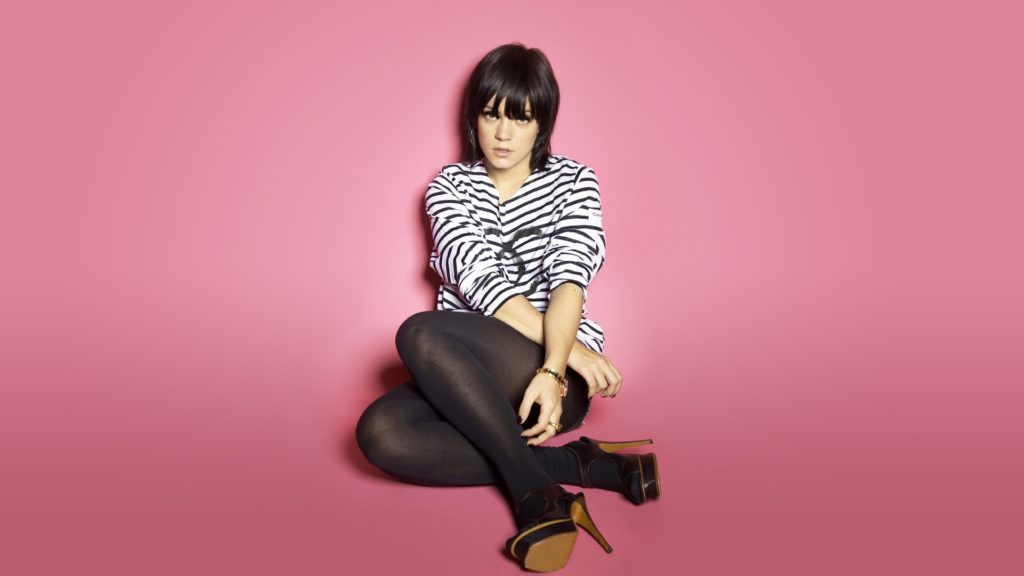
After the release of her 2014 album, Sheezus, Lily Allen entered a turbulent period in her personal life. In 2015, she split from her ex, and they divorced in 2016, the same year that a stalker broke into her London home. (He was sentenced to indefinite treatment and given a restraining order.) The British singer, 33, who has two daughters, now 5 and 6, “disconnected from a lot of friends and family” following the incident, channeling her emotions into the new electro-grime tracks on No Shame, out June 8 on Parlophone. It’s not, she says, a breakup record but a “breakdown album” — one that taught her to trust herself and not take anything too seriously.
What was the biggest change for you while recording this album?
I was forced to look at everything around me after the last album campaign. I wanted to create my own space where I didn’t have to work with time constraints. I feel like everything was rushed last time. With previous records, I’ve always delivered scores to the label, and this time around, I just gave them the whole album when it was finished. I didn’t listen to anybody except myself.
What inspired the lead single, “Trigger Bang”?
It’s half about [my partying days] and half about people themselves being a trigger — because of breaking up with my husband, and also I had a stalker. I was in a dark place; I didn’t really have anything else to talk about except for my own shit, and I didn’t want to bother [my friends and family. I felt forced] to act like nothing was wrong, and that was the issue, because there was a lot wrong. I had to confront it. Having trivial conversations about things that are quite intense and deep — that in itself is triggering for me.
How aware are your daughters of your fame?
They’re just figuring it out now. They [saw] me do a TV taping yesterday, and it was the first time they’ve seen me onstage. That blew their minds. [Recently] we went to lunch and there was a paparazzi photographer, and my oldest was like, “Who’s that?” And I was like, “It’s a photographer. He wants to take a picture to put in the newspapers.” And she said, “Oh, cool!” And I was like, “No, it’s not cool.” We’re trying to have lunch, and she’s just like, “I want to be in the newspaper!” It’s sweet. It reminded me not to be so serious about it.
What did the process of making this album do for you?
Me and my husband share custody, so if he has the kids, that’s when I go to my studio [in London]. [Singing] is like physical therapy a lot of the time. I find it difficult to articulate how I’m feeling about things, but I do find it easy [to communicate through] the medium of music. It’s cathartic. I’m happy [now] — I’m enjoying myself.
In Lily’s Rotation
M.I.A., Arular (2005)
“When I was growing up, M.I.A. was the coolest person. She took from sound system culture and all the influences I was into growing up, like drum and bass, jungle and raga — you know, more electronic, house-y stuff as well. She got it right.”
Solange, A Seat at the Table (2016)
“Before I started this record, I listened to the Solange album quite a lot. Before I heard it, I saw the artwork online and I was surprised by the way all the track listings went together — I felt like I was on a journey when I was listening to that.”
SZA, Ctrl (2017)
“Favorite album from last year. I just love her and how unapologetic and direct she is, and how amazing her voice is and how amazing the production is… I mean, everything. It’s a great record.”
This article was originally published by: Billboard



